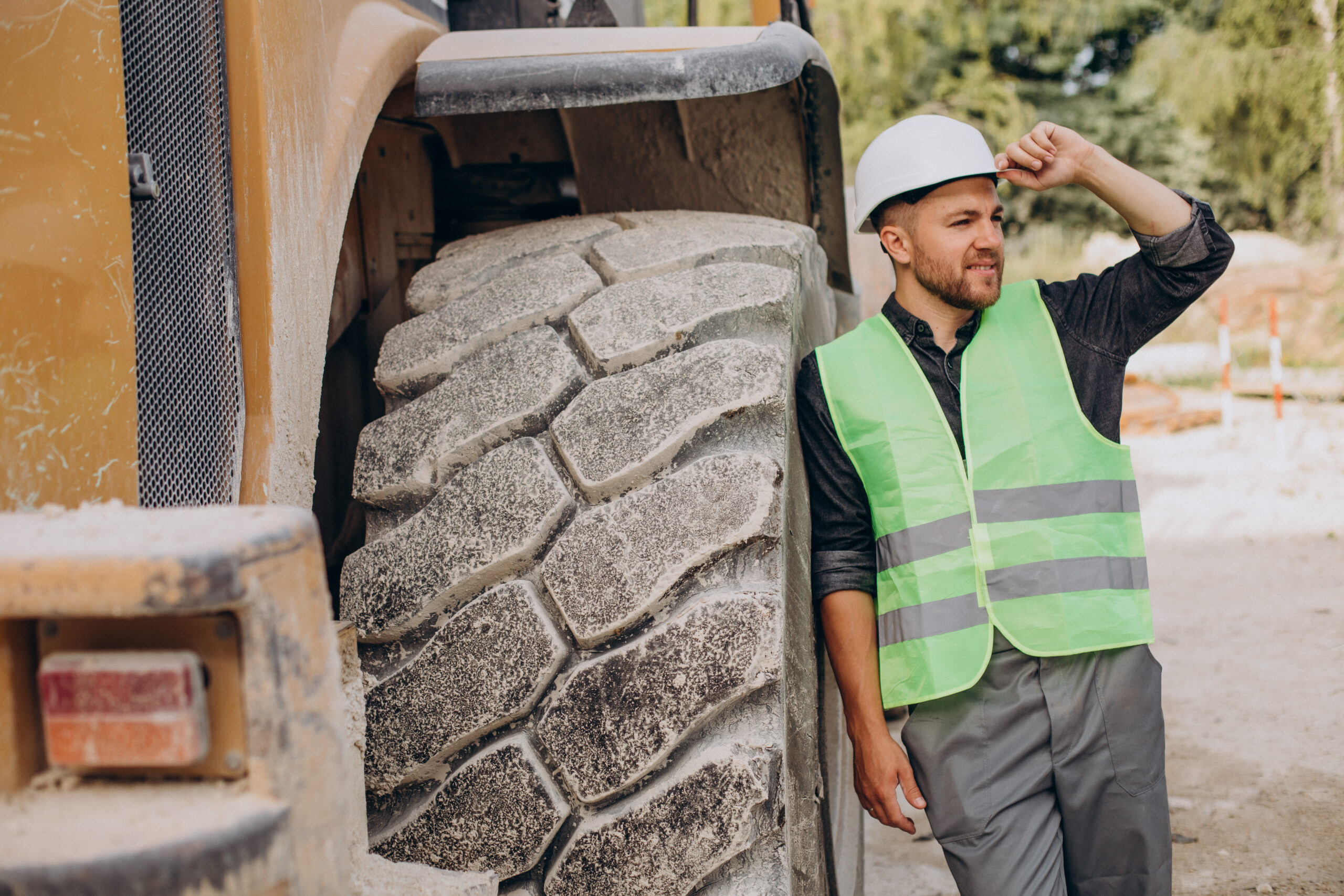Lone worker protection is essential to occupational safety, especially in professions where individuals work in isolation or without direct supervision. This article outlines the jobs most in need of lone worker protection and discusses the advantages of lone worker alarms in safeguarding these employees.

Jobs Requiring Lone Worker Protection
- Healthcare Professionals: Nurses, home care workers, and mental health professionals often work alone, especially in home visits or remote areas.
- Utility and Maintenance Workers: Those involved in electricity, water, and gas maintenance often work in isolated locations, dealing with hazardous materials or conditions.
- Construction Workers: Individuals working on small or remote construction sites may find themselves alone, facing risks like falls, machinery accidents, or health emergencies.
- Agricultural Workers: Farmers and agricultural workers frequently work alone in vast, rural areas where immediate help is not readily available.
- Security Guards: They often work in solitary environments, especially during night shifts, facing potential threats from intruders or emergencies.
- Transportation and Delivery Personnel: Truck drivers, couriers, and postal workers, especially those covering rural or remote routes, typically work alone.
- Environmental Researchers: Scientists conducting fieldwork in remote areas are exposed to various natural hazards and wildlife.
- Retail Staff in Small Outlets: Late-night retail workers in small or remote stores can be vulnerable to accidents or crime.
Advantages of Lone Worker Alarms
Lone worker alarms are devices or applications designed to enhance the safety of individuals working alone. They provide several key advantages:
- Emergency Signal Transmission: These alarms can send distress signals to emergency contacts or authorities, ensuring rapid response in case of an accident or threat.
- GPS Tracking: They often include GPS functionality, allowing employers or emergency services to locate the worker quickly if they are unresponsive or in danger.
- Fall Detection: Advanced alarms can detect falls, a common hazard in many solitary jobs, and automatically send an alert.
- Health Monitoring: Some devices can monitor vital signs, alerting in case of medical emergencies like a heart attack.
- Check-In Function: Allows workers to regularly check in, ensuring they are safe without being intrusive.
- Audio and Video Recording: In the event of an incident, these features can provide valuable evidence and context.
- Discreet Activation: Lone workers can discreetly activate an alarm in dangerous situations, like confrontations, without escalating the situation.
Conclusion
Lone worker protection, primarily through alarms, is crucial in ensuring the safety of employees in various high-risk professions. These devices provide a safety net for the workers and peace of mind for their employers and families. Investing in such technology is not just a regulatory compliance issue but a fundamental aspect of a responsible and caring work culture. As technology advances, the effectiveness and sophistication of lone worker alarms will continue to enhance worker safety across industries.
At SafeTCard, we help to reduce the risks when working alone thanks to our fantastic range of worker monitoring solutions. They are the first line of assistance should an isolated worker require it – either through their safety being compromised, or if they simply require monitoring for a period of time because of a perceived risk.
Contact us today to learn more or call us on 1300 723 382.




